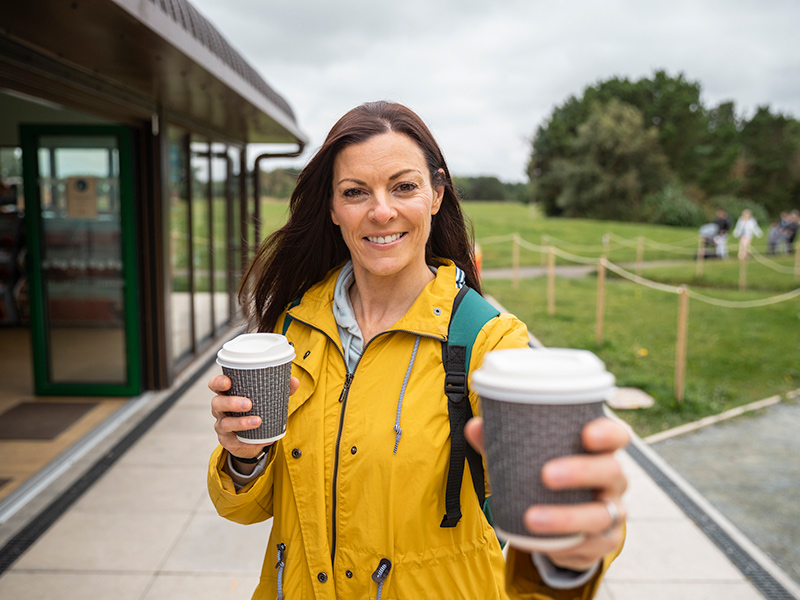How to overcome compassion fatigue (and kickstart kindness)
Feel like you have nothing left to give? Here’s how to reclaim your emotional mojo and reconnect with compassion.
The Dalai Lama once said: “Be kind whenever possible. It is always possible.”
But after the collective trauma of the last few years, even the most compassionate among us may feel like we’ve reached our emotional limit.
That numbness, together with physical and emotional exhaustion, is called compassion fatigue – and while health, emergency and care workers are most susceptible, experts say the problem is becoming more widespread.
In recognition of World Kindness Day on November 13, here how to recognise the signs and re-engage with empathy so you can share love and promote kindness for.
How to recognise compassion fatigue
“Compassion fatigue is the result of being a witness to the suffering of others, and it can result in the combined effects of both trauma and burnout,” counsellor Dr Vanessa Rohlf says.
“Given our recent experiences with the pandemic, fires and floods, it’s hard not to be affected by the amount of suffering going on, both locally and internationally.”
According to Dr Rohlf, who is a research fellow at La Trobe University’s School of Psychology and Public Health, the warning signs include feelings of helplessness, hopelessness, fear and guilt.
“We might feel angry towards others or towards the injustices of the world, feel jumpy and on edge, or even lose our ability to empathise with others,” Dr Rohlf says.
The effects can also be felt physically, she adds.
In fact, research shows it can increase the risk of cardiovascular disease, obesity, diabetes, gastrointestinal issues, and immune dysfunction.
- Hot under the collar: How to tame your temper
How to overcome compassion fatigue
Dr Rohlf says recognising the warning signs is the first step in overcoming compassion fatigue.
“You can’t make positive, healthy changes until you recognise there is a problem,” she says.
The next step is to create balance in your life.
“This is hard but think about which aspects of your life you are putting your energy into right now, and evaluate whether or not it’s working for you,” she suggests.
Dr Rohlf says part of creating balance means practising self-care.
“Remember that we can’t look after others if we cannot look after ourselves,” she says.
“So, start by creating a self-care plan of healthy things that energise or relax you.”
- Good vibrations: How to boost your positive energy
Why kindness matters
Founder of Kindness Factory Kath Koschel says we could all afford to be a little kinder – to ourselves and to others.
“Drawing attention to our experience of kindness has the potential to disrupt the way we think about society, to change both what we do and how we do it,” Kath says.
Being kind is as good for the giver as it is for the receiver, delivering a host of health benefits, including reducing stress, lowering blood pressure, promoting resilience and increasing self-esteem.
Some research even suggests helping others could help us to live longer.
And it doesn’t take long to reap the benefits, either.
A 2019 study showed being kind – or even just observing kindness – for as little as seven days significantly boosts happiness.
Kath says kindness inspires kindness.
“Seeing kindness in action almost always motivates someone to engage with it themselves,” Kath adds.
But, she says, we can’t truly be kind to others until we are kind to ourselves.
“Give yourself a little bit of love – grab your favourite coffee, pat a dog or call someone you’ve been wanting to catch up with for a long time,” she suggests.
And remember – practice makes perfect.
“Like anything we do, the more we do it, the easier it becomes,” Kath says.
“Start small and go big!”.
7 simple acts of kindness to engage in:
- Leave a positive review.
- Compliment someone.
- Have a conversation with a homeless person.
- Tell someone what they mean to you.
- Donate to your favourite charity.
- Teach someone a new skill.
- Pay for someone else’s coffee.
Written by Dimity Barber.






